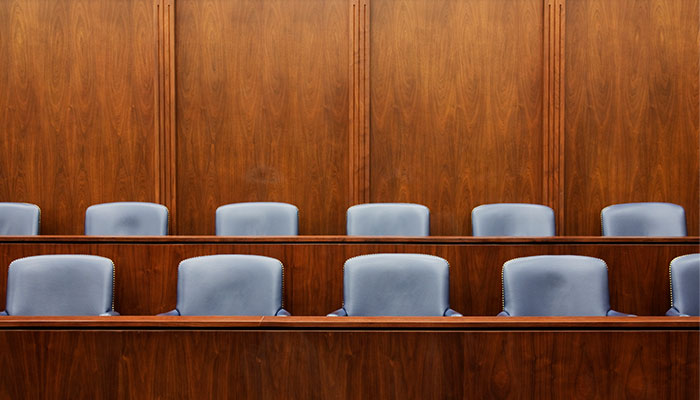Juries are an ancient and vital part of our legal system. They have played an invaluable role for about 1000 years in our common law tradition.

They are not an accessory or something "nice to have" - they are the heart of our trial process. If 12 ordinary, unrelated citizens can reach a unanimous verdict then that verdict has legitimacy and strength in the eyes of the community.
Yet there has been a slow but steady shift in the law to make judge-only trials easier to obtain.
In recent years, concerns that jury trials are prone to mistrials if jurors don't follow the rules have surfaced. Having to redo a trial is expensive for the public (and the defendant) and potentially traumatic for witnesses needing to give evidence a second time.
Judge-alone trials are generally quicker, kinder on the public purse, more efficient and less likely to end in a mistrial.
Another argument for them is avoiding the risk of jury pool contamination. If a defendant is high profile or their case has received wide media coverage, it might be difficult to find 12 jurors able to bring an open mind to the trial - a defendant like Cardinal Pell, for example.
On the other hand, juries anchor our criminal justice system in the community. They give ordinary citizens a voice, and in doing so they legitimise outcomes. Of course, efficiency is important, but so is the integrity of our criminal justice system.
Lawmakers who have reservations about a shift to judge-only trials worry that the balance between efficiency and the quality of justice might tip too far towards saving money.
Who makes the call?
The decision as to whether a case will be heard by a judge only is regulated by section 132 of the Criminal Procedure Act 1986 (NSW). Either the defendant or the Crown can make an application for a judge-alone trial. If both agree then the judge must order a judge-alone trial.

If the defendant does not agree with a Crown application, it must be a jury trial – a defendant cannot be forced into a judge-alone trial.
If the Crown does not agree with a defendant application, it is up to the judge to decide "in the interests of justice."
According to the NSW Bureau of Crime Statistics and Research, the proportion of judge-alone criminal trials in the NSW District Court and Supreme Court has increased from six per cent of trials in 1999 to 18 per cent in 2019.
South Australia, Western Australia, Queensland and the ACT have provisions for judge-alone trials that are broadly similar to those of New South Wales. Victoria, Tasmania and the Northern Territory do not allow judge-alone trials – every trial upon indictment is by jury. (Victoria introduced the option during COVID-19, but this was later removed. There is a push to get it back.)
At the Commonwealth level, section 80 of the Australian Constitution requires all matters proceeding upon indictment to be by jury.
The Luke Lazarus trials are an interesting recent example of a high-profile case that was judge-only.
At his first trial, Lazarus, son of a prominent Sydney hotelier, was found guilty of sexual assault by a jury. He then appealed and won. His second trial was then judge-alone on his application; he argued that media coverage of the first trial would unfairly prejudice a jury. He was acquitted at the second trial. The Crown then appealed and won, but Lazarus did not face a third trial.
Hearts and minds
The questions that a defendant will be pondering are these: Does a jury trial reduce the chance that a single person's bias or prejudices could influence an outcome? Do jurors have more compassion than judges and be less likely to convict?
I would say not. Bear in mind that judges in criminal trials were usually criminal law practitioners (solicitors and then barristers) before they became judges.
They have experienced decades of criminal law and everything that comes with it: the misery, the pain, the suffering of victims, families and the accused. You cannot persevere in that occupation without compassion and empathy.
Are judges less inclined to let their emotions affect the outcome of a case? That's the idea! The law values rationality always above emotion.
Lawyers are trained to think only about the issues and not the emotions when arguing a case. And most jurors are perfectly capable of putting their emotions to one side when considering a verdict, too.
Risks and rewards
For centuries, the right to a jury trial has been fiercely guarded as a way of guaranteeing a fair and unbiased hearing in court as the decision is made by laymen. Is this right at risk?
Every right we have is always at risk. In Australia we don't have a Bill of Rights or a Constitution that protects rights (other than a very few) and so we are always at the mercy of our Parliaments to protect rights.
Any government can decide to legislate a right away, and our only recourse is to vote the government out.
The right to a jury trial would not disappear overnight. The greater danger is that it would be slowly eroded until it is no longer the default option but rather the exception.
That would be a tragedy that would put public support for our criminal justice system at risk.
Andrew Burke is a senior lecturer at Macquarie Law School.






